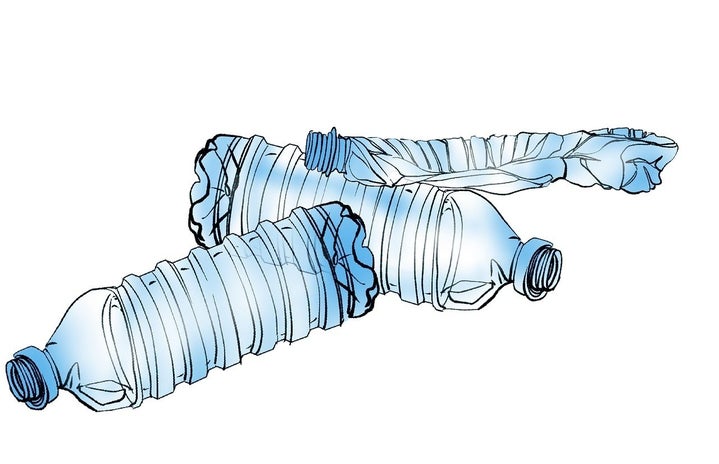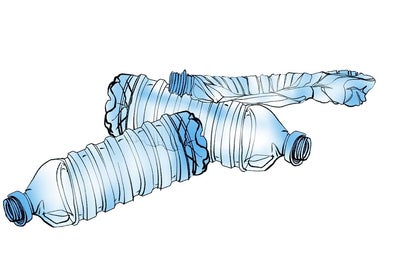The Her Campus National Editors write about products we love and think you’ll love too. Her Campus has affiliate partnerships, so we get a share of the revenue from your purchase. All products are in stock and all prices are accurate as of publication.
From the shelves of the grocery store to the deepest parts of the ocean, plastic is everywhere—and it’s emerging as one of the most serious threats to ocean ecosystems.
The concept of reducing, reusing, and recycling has become much more prevalent in recent years. Unfortunately, the three R’s have little effect when we are producing over 380 million tons of plastic every year.
According to Plastic Oceans, less than nine percent of all plastic gets recycled and 50 percent of all plastic produced is for single-use purposes only. Ten million tons of plastic are dumped in our oceans annually, and as a result, studies have found single-use plastic debris items in areas deeper than 4,000 meters in the Western and Eastern North Pacific, South Pacific, and North Atlantic Oceans.
Plastic has completely and fully infiltrated our ecosystems, killing at least a million marine animals per year.
Clearly, we are past the point of “limiting” our plastic use. The issue of plastic pollution can only be resolved by taking plastic out of the picture completely. But in order to do this, we need a reliable and sustainable alternative.
One up-and-coming company may have found just the thing to do so.
Sway, a company founded by former Gaucho, Julia Marsh, focuses on taking sustainability a step further than just avoiding harm: it wants to develop plastic through the use of materials that replenish and restore the environment. How is it accomplishing this? By developing home-compostable packing solutions for businesses and corporations made from a very unexpected source: seaweed.
Seaweed, Marsh explained in a recent interview, is rich in cellulose and is the most similar sustainable material to plastic, making it the most viable to emulate plastic. It’s fast-growing, easy to cultivate, and cheap to maintain.
Moreover, seaweed crops have numerous benefits to the environment. Seaweed’s ability to pull carbon dioxide out of the water is 30-60 times more effective than land-based plants. In fact, if seaweed farms could cover at least nine percent of our oceans, they would almost fully combat our annual CO2 emissions. Seaweed also combats ocean acidification and dead zones through its consumption of nitrogen and phosphorous. Excess nitrogen and phosphorus causes algal blooms, depleting oxygen in oceans and causing subsequent dead zones. Seaweed, however, absorbs nitrogen and phosphorous at high rates, lowering nutrients in surrounding areas.
In using seaweed, Sway has found a way to not only stop plastic pollution, but also to actively combat climate change. They are fighting for a fully regenerative future—and we should, too.


